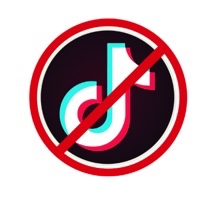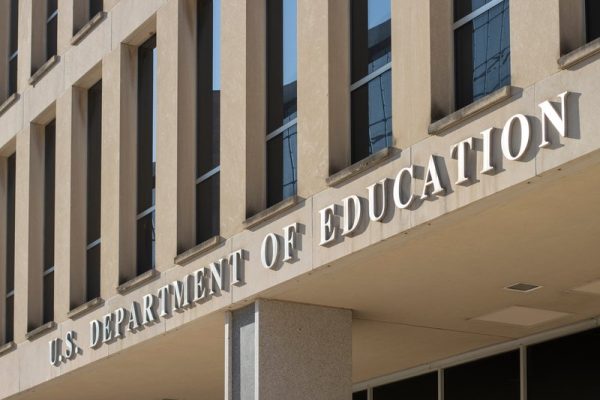TikTok Banned From Government Phones

As of Friday, December 9th, 5 US states have banned the downloading and usage of the social media app, TikTok from government phones and devices. On Wednesday, the 7th, Texas banned TikTok from their government devices being the 5th state to do so following Maryland, South Carolina, South Nebraska, and Nebraska. Nebraska had already outlawed TikTok from government devices in August of 2020, around the same time the Trump administration was attempting to ban the app altogether across the US. It is difficult to limit citizens’ access to TikTok, but the US government has the power to ban the app on government issued phones and computers such as ones you would receive from your workplace.
Many may ask, why the US has chosen to ban TikTok but not other social media platforms from these government devices. An article by Scott Nover published last Friday answers that question as since the popularization of social media in the 2000s, many platforms such as Facebook, YouTube, and twitter all were created and have been owned by US companies. TikTok on the other hand, which is owned by the Chinese company ByteDance, is an exception. Although federal and state officials have directed a stream of questions at TikTok and the Chinese government about the control over Americans’ user data, they have maintained that this is not true although recent reporting from BuzzFeed have called that into question.
An article written by Emily Baker-White on June 17th of this year for BuzzFeed News claims that a “leaked audio from 80 internal TikTok meetings shows that US user data has been repeatedly accessed from China”. Further expanding on that argument, a series of recordings which was reviewed by BuzzFeed news contains fourteen statements from nine different TikTok employees indicating that engineers in China had access to US data between September 2021 and January 2022. The recordings range from small-group meetings to policy all-hands presentations which are corroborated by screenshots and other documents, providing a vast amount of evidence supporting prior arguments stated above. The recordings show that data was accessed far more frequently and recently than previously reported and in return spokesperson Maureen Shanahan responded with a short statement claiming, “We know we’re among the most scrutinized platforms from a security standpoint, and we aim to remove any doubt about the security of US user data” but providing no other comment on behalf of ByteDance.
Although accusations such as this one may come as a scare to some as they may have been unaware something like this was happening, it is important to remember that these are all accusations. Nothing stated in this article is a final and 100% accurate argument for either side. Although some things may turn out to be true later on, as of now nothing is for sure.






